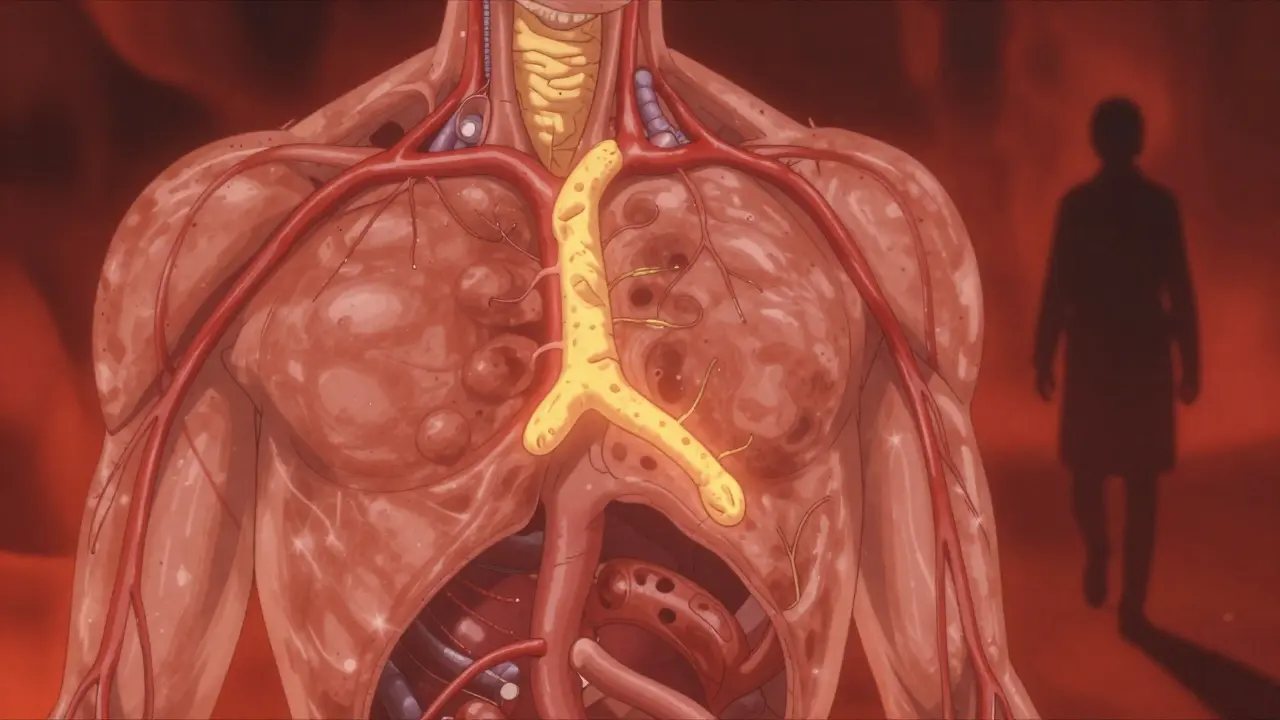Medical Conditions: Practical Guides to Respiratory and Kidney Care
Want clear, usable info on common medical conditions without medical jargon? You’re in the right place. This page pulls together easy-to-understand guides on lung conditions like cystic fibrosis and asthma, plus real-world advice on medicines used in renal failure. Read short, practical tips you can use in conversations with your doctor or to better manage symptoms day to day.
CF and asthma — how they overlap and how they differ
Both cystic fibrosis (CF) and asthma can leave you breathless, wheezy, and coughing. But CF is a genetic disorder that changes how mucus is made and cleared from the lungs. Asthma is usually driven by airway inflammation and triggers like pollen, smoke, or exercise. That difference matters because treatments that help asthma won’t always work for CF.
If you or a family member has ongoing cough, thick sputum, or frequent lung infections, ask the doctor for targeted tests: sweat chloride or genetic testing for CF, and spirometry or peak-flow checks for asthma. Chest X-rays or CT scans can show structural changes in CF lungs that are not typical in asthma.
Treatment overlap exists. Inhaled bronchodilators and steroids can ease symptoms in both conditions, but CF care often needs chest physiotherapy, airway clearance devices, specialized antibiotics, and sometimes modulators that target the underlying gene defect. For more detail, see our guide on Exploring the Link Between Cystic Fibrosis and Asthma.
Medications and renal failure — what helps and what to avoid
When kidneys start failing, the list of safe and risky medicines changes. Some drugs help control symptoms and slow damage: certain blood pressure medicines (ACE inhibitors or ARBs) and diuretics can be useful under a doctor’s guidance. But many common drugs can harm kidneys, especially nonsteroidal anti-inflammatory drugs (NSAIDs) like ibuprofen and naproxen.
Key practical steps: tell every provider you see that you have reduced kidney function; keep a current list of medicines and supplements; and ask about dose adjustments for drugs cleared by the kidneys. If symptoms worsen—swelling, less urine, confusion—seek care quickly. We explain these points in plain terms in our article about The role of medications in managing renal failure.
Quick tips you can use today: track symptoms, bring meds to appointments, ask for clear monitoring plans (blood tests and urine checks), and avoid OTC NSAIDs unless your doctor says it’s safe. Small changes—like checking labels, spacing medicines correctly, and staying hydrated—can make a big difference.
If you want straight answers, click the linked guides, or use the site search to find condition-specific content. You’ll get practical steps, test explanations, and questions to bring to your next clinic visit. No fluff—just useful info to help you manage conditions and make smarter choices with your healthcare team.










